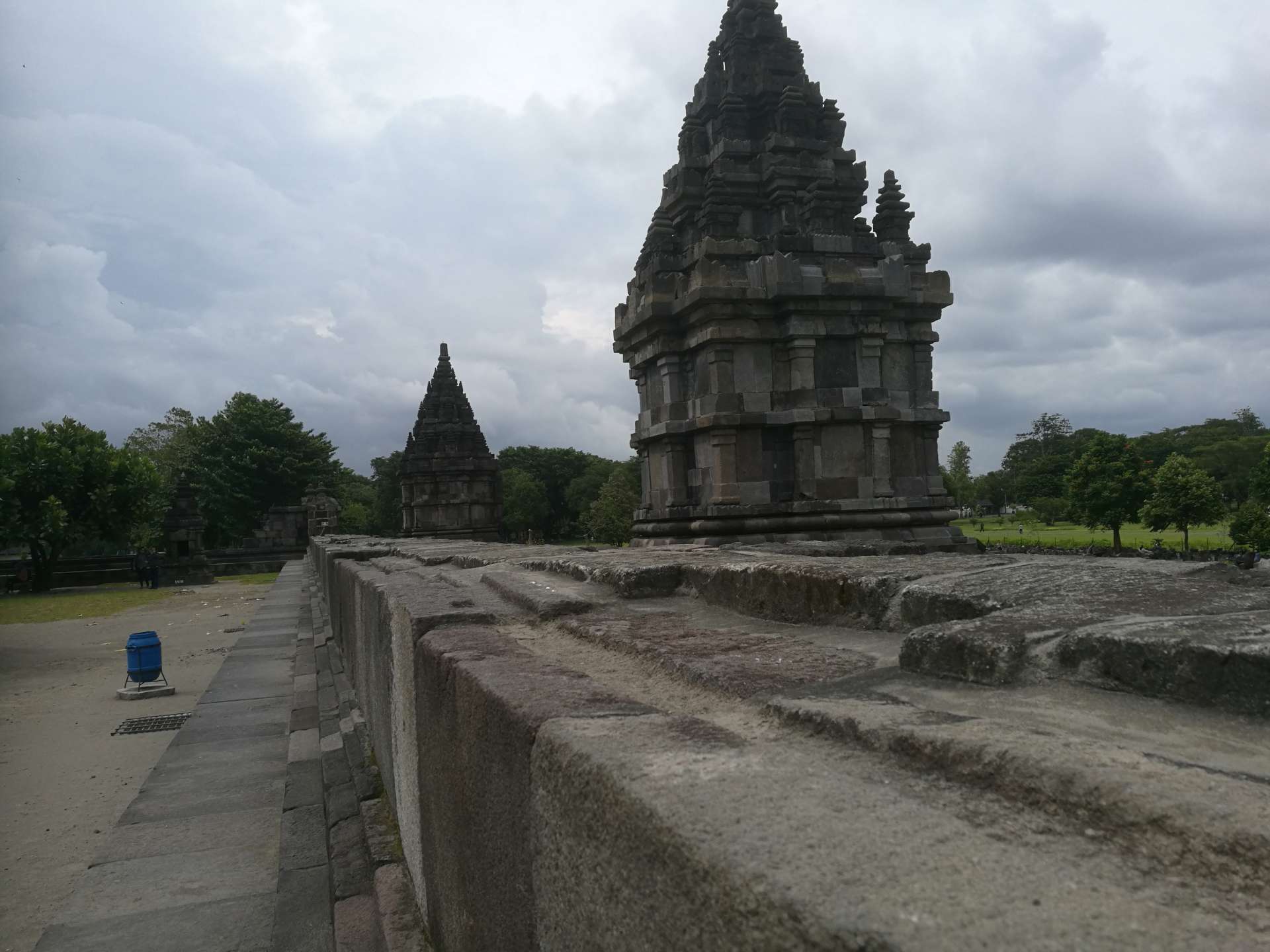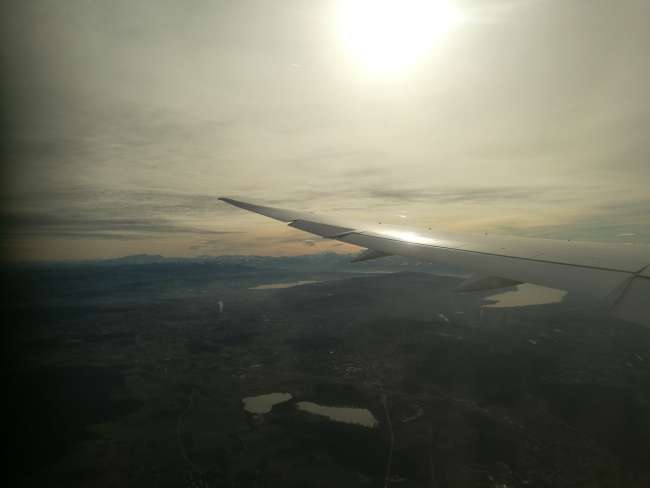Coffee wreath with illegal gold miners
Lofalitsidwa: 20.06.2017
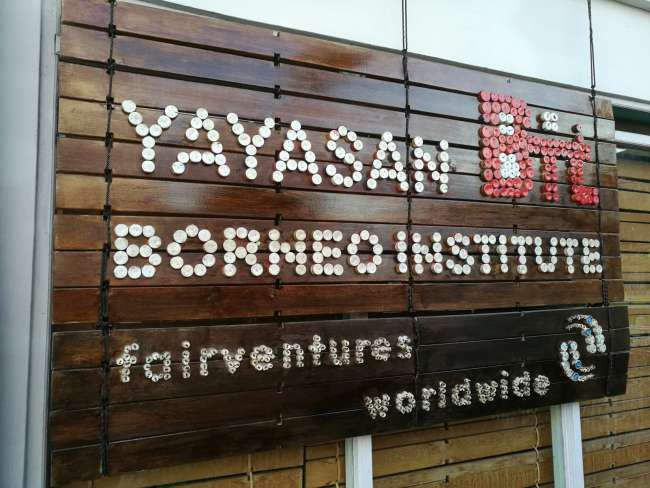
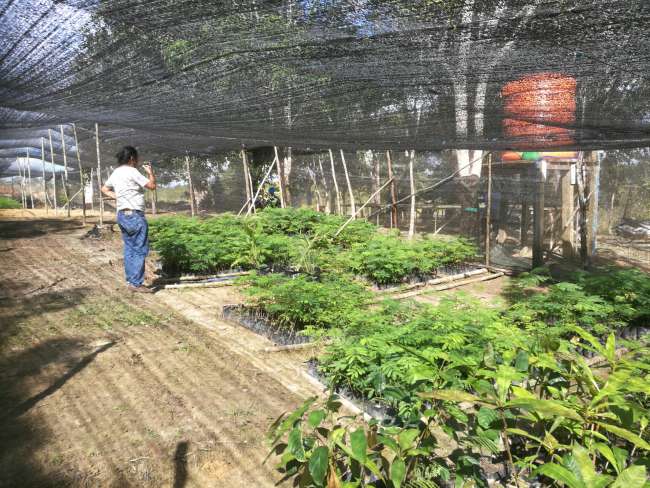
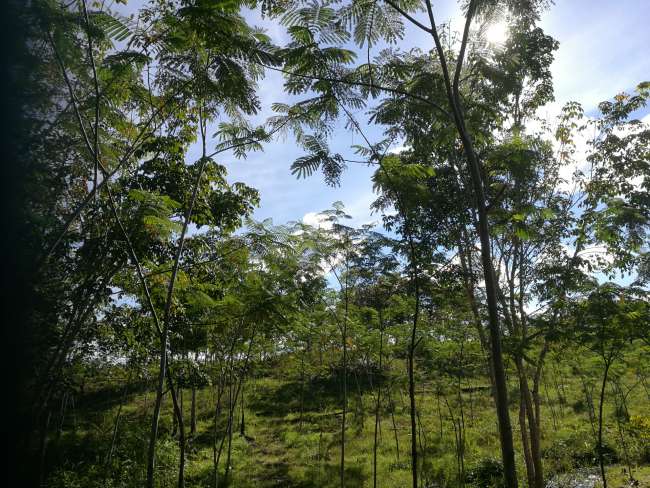
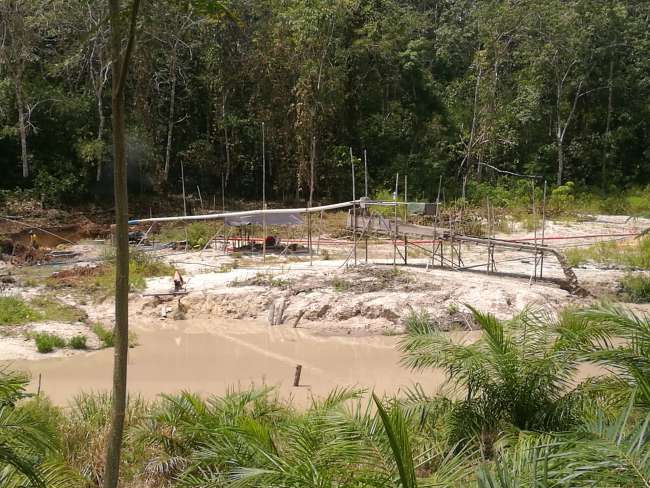
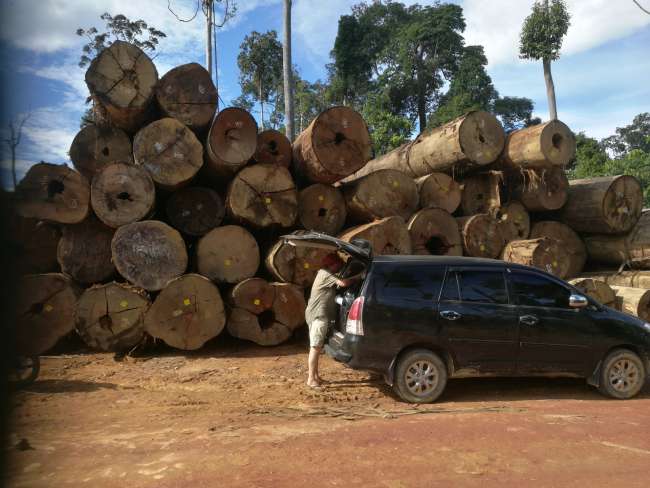
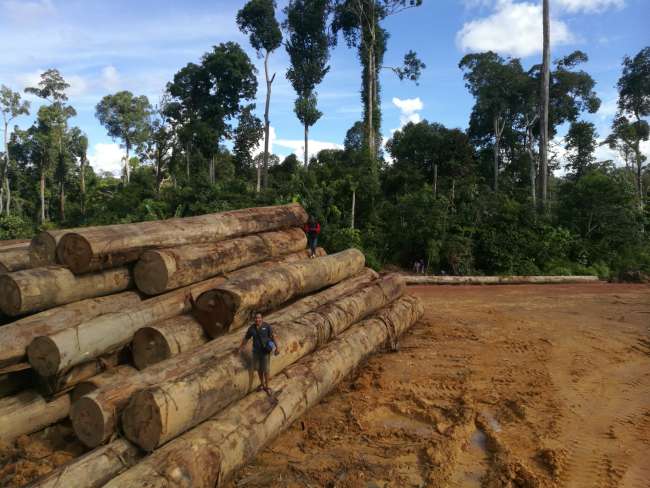
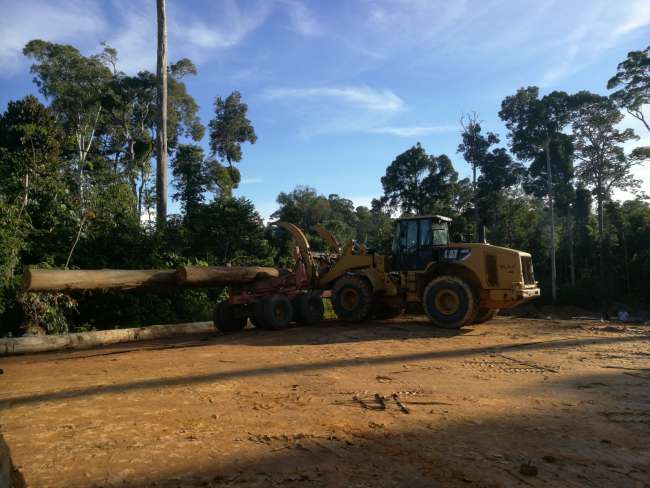
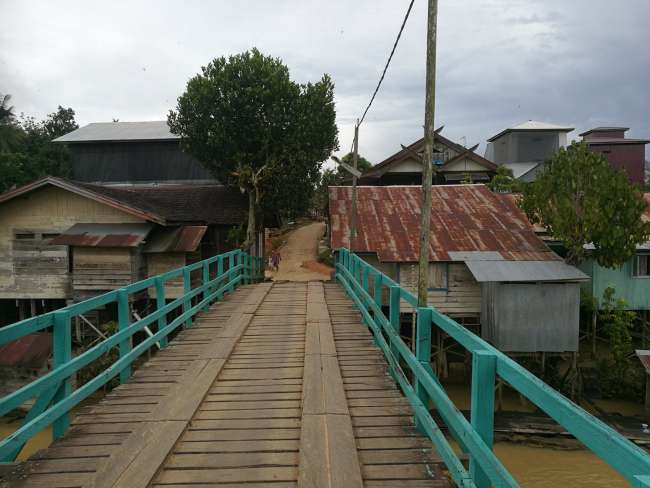
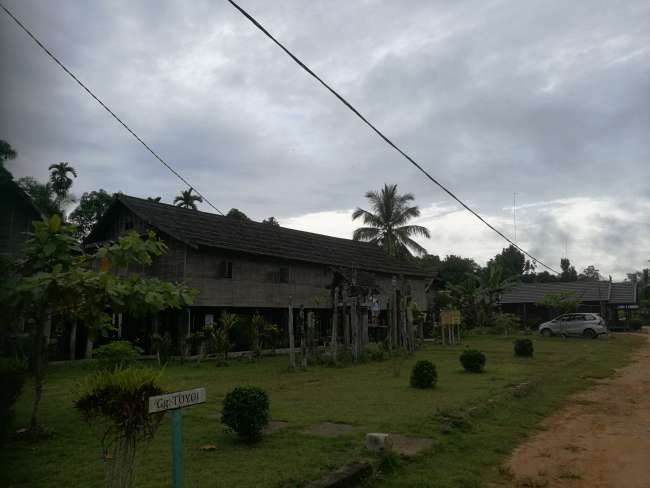
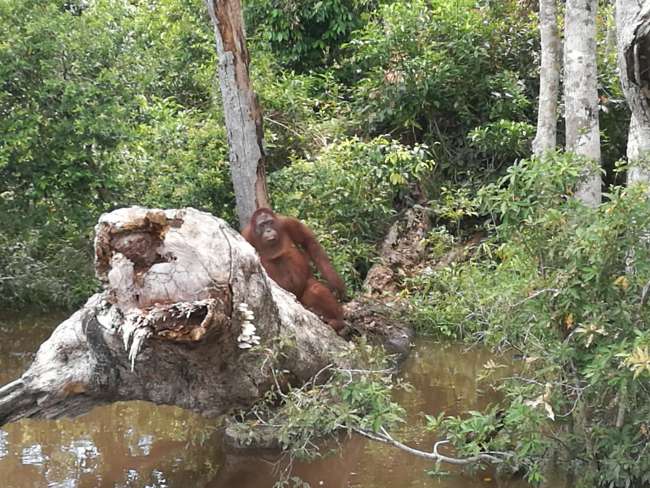
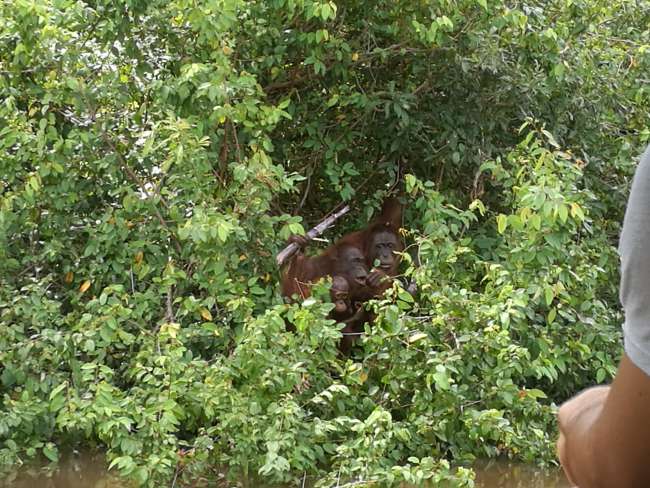
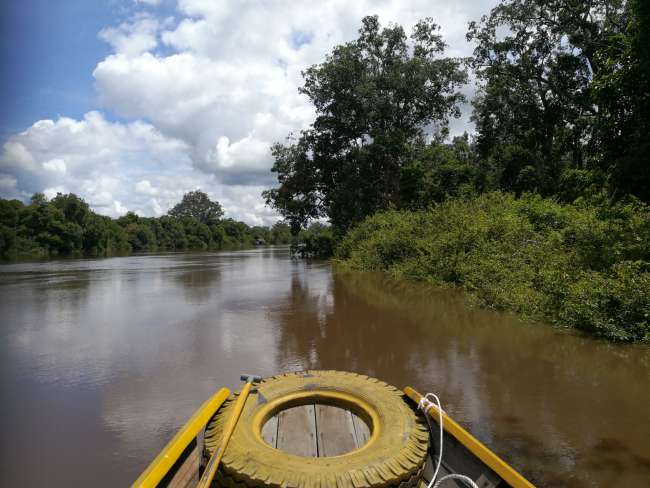
Lembetsani ku Newsletter

My task here is to support the changing lightwood industry, mostly in Java, with product and process innovations. Fairventures' main project, however, is located in Central Kalimantan. The office is located in the capital city of Palangkaraya, and the project areas are mostly north of there. In early May, I had the opportunity to visit this project with the donors from the Heidenhof Foundation.

Fairventures closely collaborates with the Borneo Institute, which convinces and trains farmers to practice forestry. Today, these farmers are in a situation where they have to choose between selling their land to palm oil companies, growing palm oil themselves, or stabilizing depleted soils with fast-growing Sengon trees and practicing sustainable forestry in the long run. The project is called 1 Million Trees and can and should be supported! www.fairventures.org

After a few days in Jakarta, where I had meetings with the Ministry of Trade among others, I arrived in Palangkaraya on a Sunday. On Tuesday, we drove north in two cars, where we prepared a nursery for the visit of the State Secretary of the Ministry of Environment. The next day, we continued north to a village, where there is still a Rumahpanjang (longhouse). These houses are the traditional living forms of the Dayak people (indigenous people of Kalimantan) and consist of a common kitchen and a long room with small rooms on its side. Families live in these houses, meaning several generations of a family live in the same house and use a common kitchen. Unfortunately, during the dictatorship, these houses were seen as a manifestation of communism, and most of them fell victim to this absurd notion. We were able to spend a night in this longhouse and were welcomed into the Dayak culture with a welcoming ceremony.
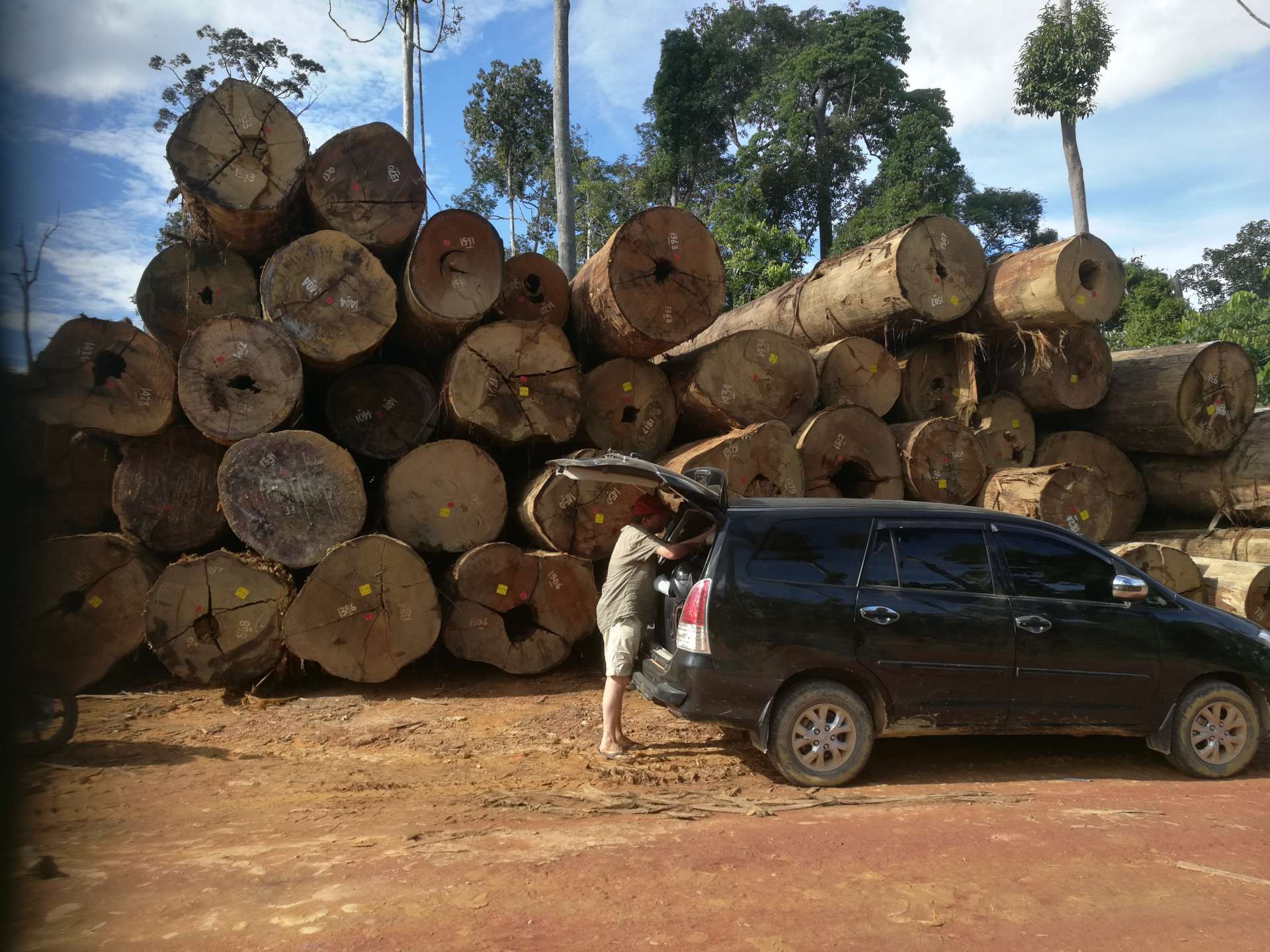
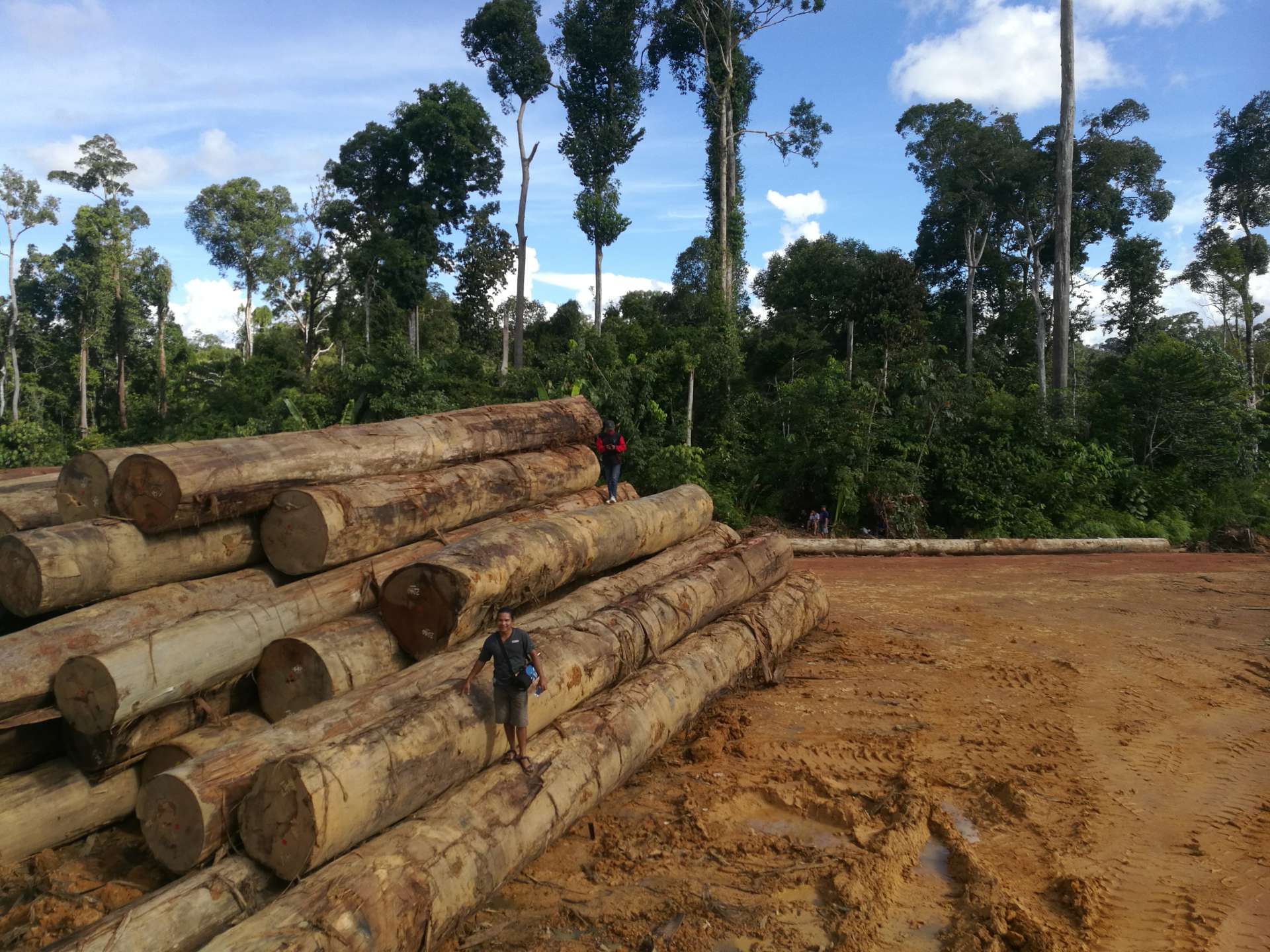
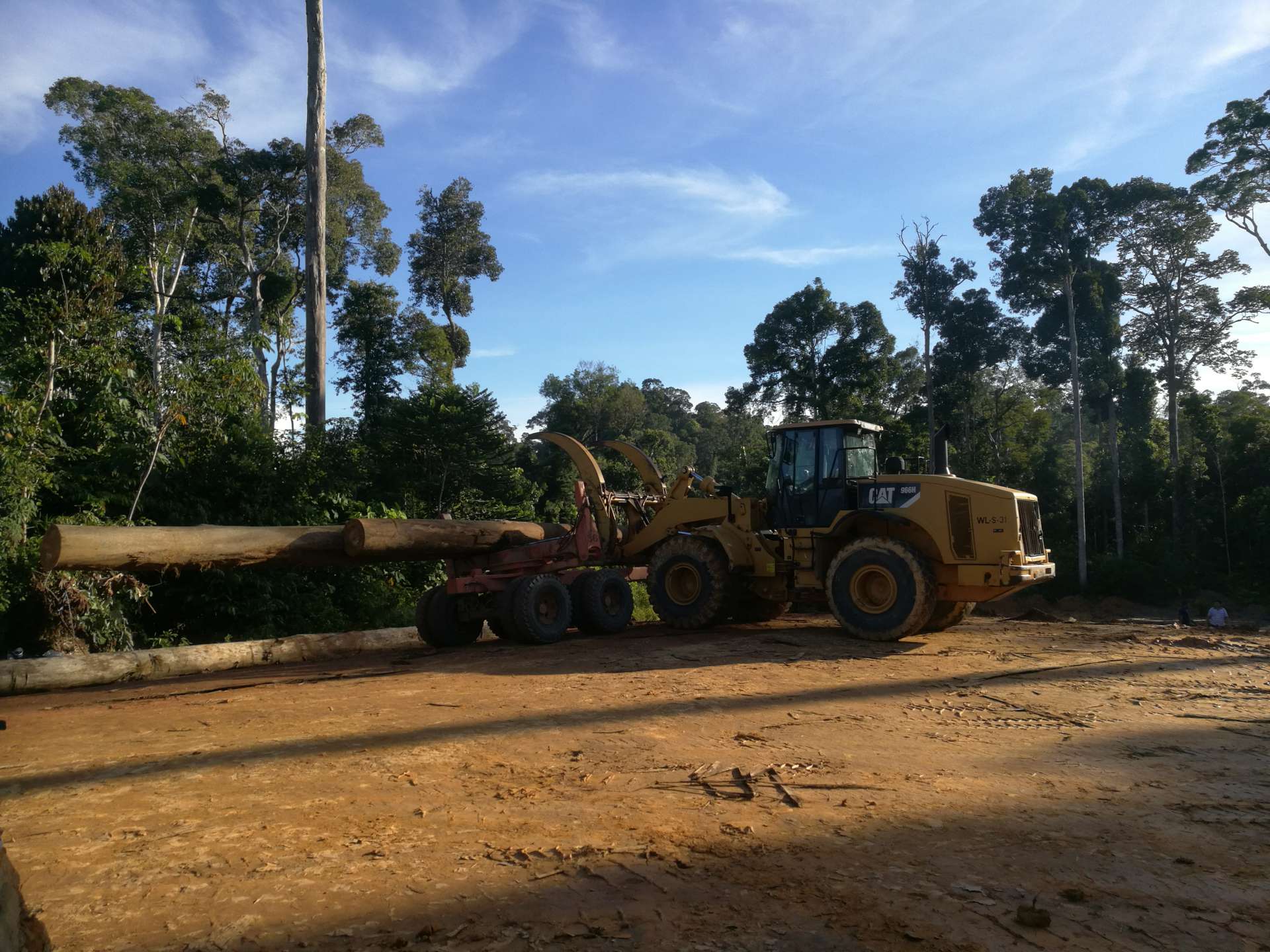
On the way to this village, we passed numerous illegal gold mines, and since these people are also Indonesians with admirable hospitality, we were invited for a cup of coffee by the gold miners. However, they didn't want to have their pictures taken. We also visited a legal forest concession, where primary forests are being managed. According to the law, they are only allowed to cut trees with a diameter of more than 30cm, which they adhere to, and they have to plant up to four trees for every felled tree. They do this, but instead of replacing the valuable hardwood species such as Ulin, Meranti, or Bangkirai, they plant fast-growing species like Sengon, Jabon, or Terentang. This is the reason why sustainable forestry cannot be spoken of.

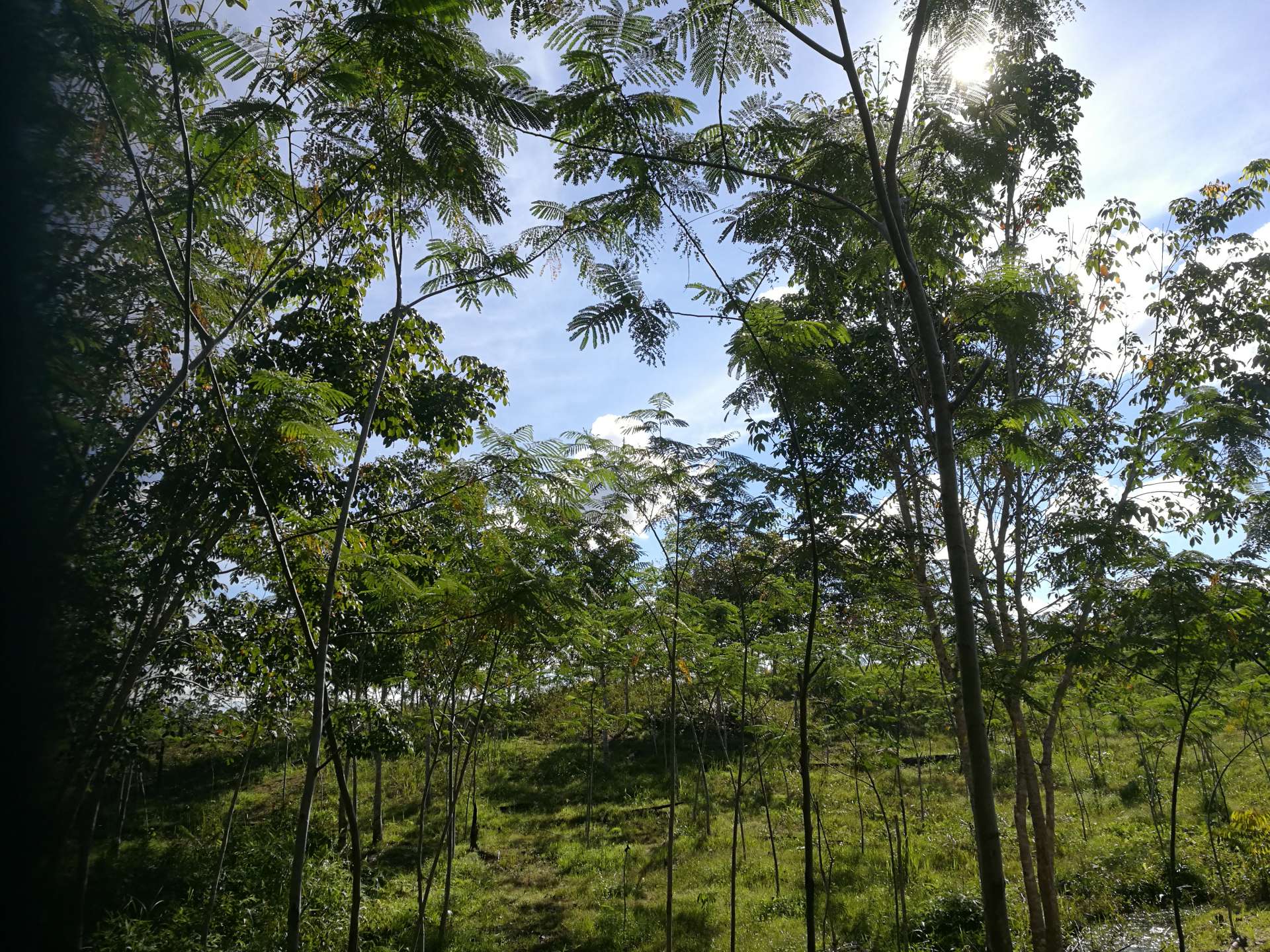
On Thursday, there was a reception by the high-ranking guest from Germany. He expressed extraordinary positive feedback on the project, and the support from the German government will be further deepened.

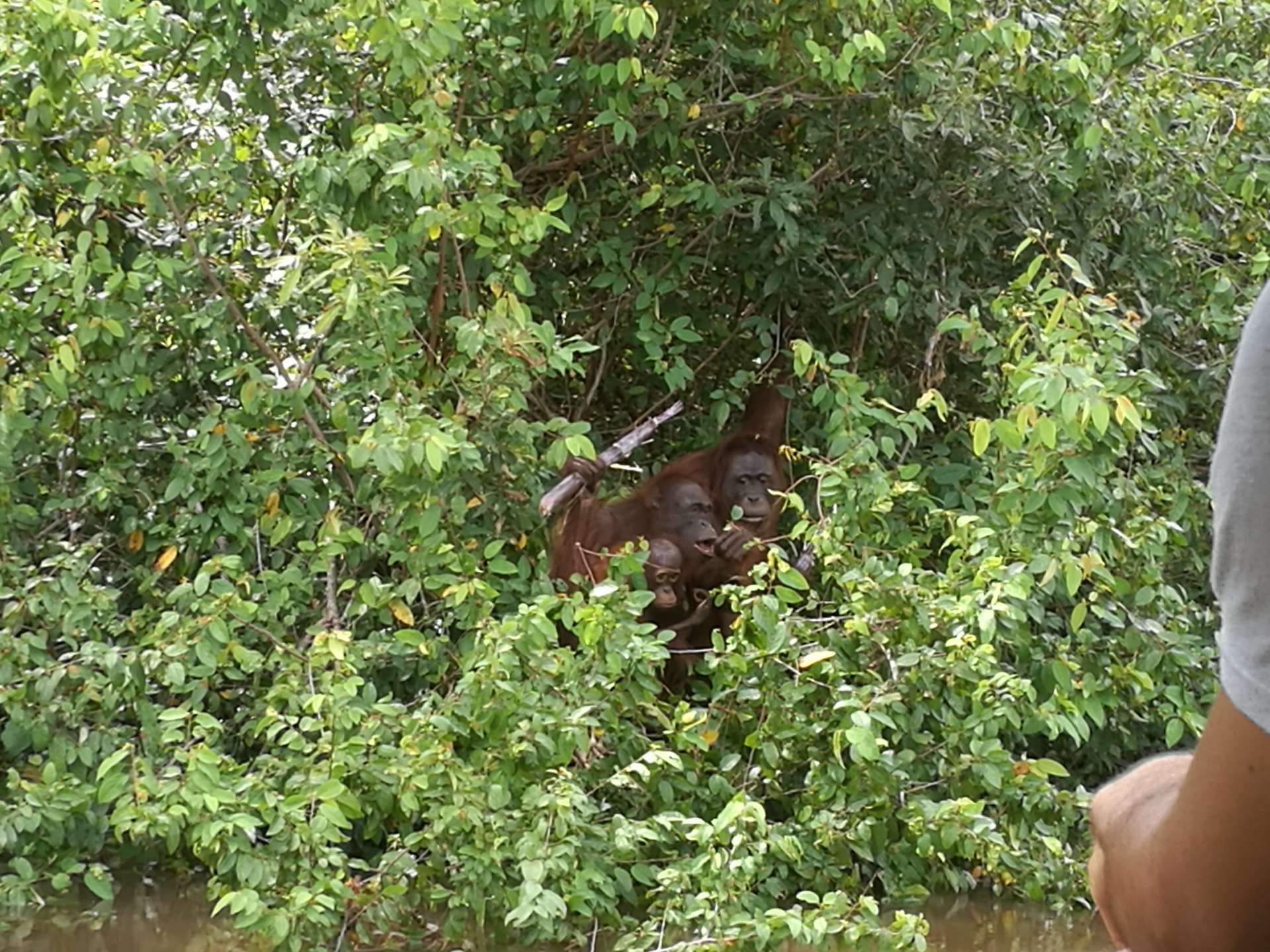

BOS operates a quarantine station and a first release site for orangutans (Indonesian for "forest people") near Palangkaraya. On Friday, we visited the release site by boat and were able to get very close to the curious or, above all, hungry orangutans.
After this too short week, I had to return to the traffic-plagued Jakarta on Sunday morning. I managed to handle the two meetings on one day, which is a new record.
I was able to spend the journey back to Semarang on a night train. The trains in Indonesia are generally punctual!
Lembetsani ku Newsletter
Yankhani
